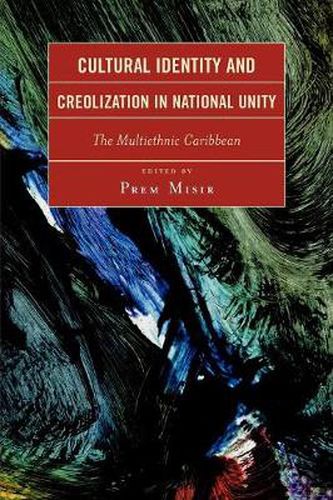Readings Newsletter
Become a Readings Member to make your shopping experience even easier.
Sign in or sign up for free!
You’re not far away from qualifying for FREE standard shipping within Australia
You’ve qualified for FREE standard shipping within Australia
The cart is loading…






In the grand design of slavery in the Caribbean, White planters separated African slaves of similar tribal and linguistic groups in an effort to destroy African cultural traditions. The result was an African population that lost most of its African heritage and adopted a creolized variant of European culture. The dominance of Creolization, a colonial legacy, ignores the Caribbean multiethnic mosaic and endangers national unity, good governance, and political stability. Through a series of readings, this book argues that the Creolization is antithetical and challenging to nation building and results in cultural and working-class fragmentation, competition for national space, ranking, ethno-cultural categorization, racialization of consciousness, cultural imperialism, use of the ‘political’ race card, and ethnic dominance. This book acknowledges the need to create a framework for mutual cultural appreciation and institutionalization of all cultures in the pursuit of national unity in the Caribbean.
$9.00 standard shipping within Australia
FREE standard shipping within Australia for orders over $100.00
Express & International shipping calculated at checkout
In the grand design of slavery in the Caribbean, White planters separated African slaves of similar tribal and linguistic groups in an effort to destroy African cultural traditions. The result was an African population that lost most of its African heritage and adopted a creolized variant of European culture. The dominance of Creolization, a colonial legacy, ignores the Caribbean multiethnic mosaic and endangers national unity, good governance, and political stability. Through a series of readings, this book argues that the Creolization is antithetical and challenging to nation building and results in cultural and working-class fragmentation, competition for national space, ranking, ethno-cultural categorization, racialization of consciousness, cultural imperialism, use of the ‘political’ race card, and ethnic dominance. This book acknowledges the need to create a framework for mutual cultural appreciation and institutionalization of all cultures in the pursuit of national unity in the Caribbean.